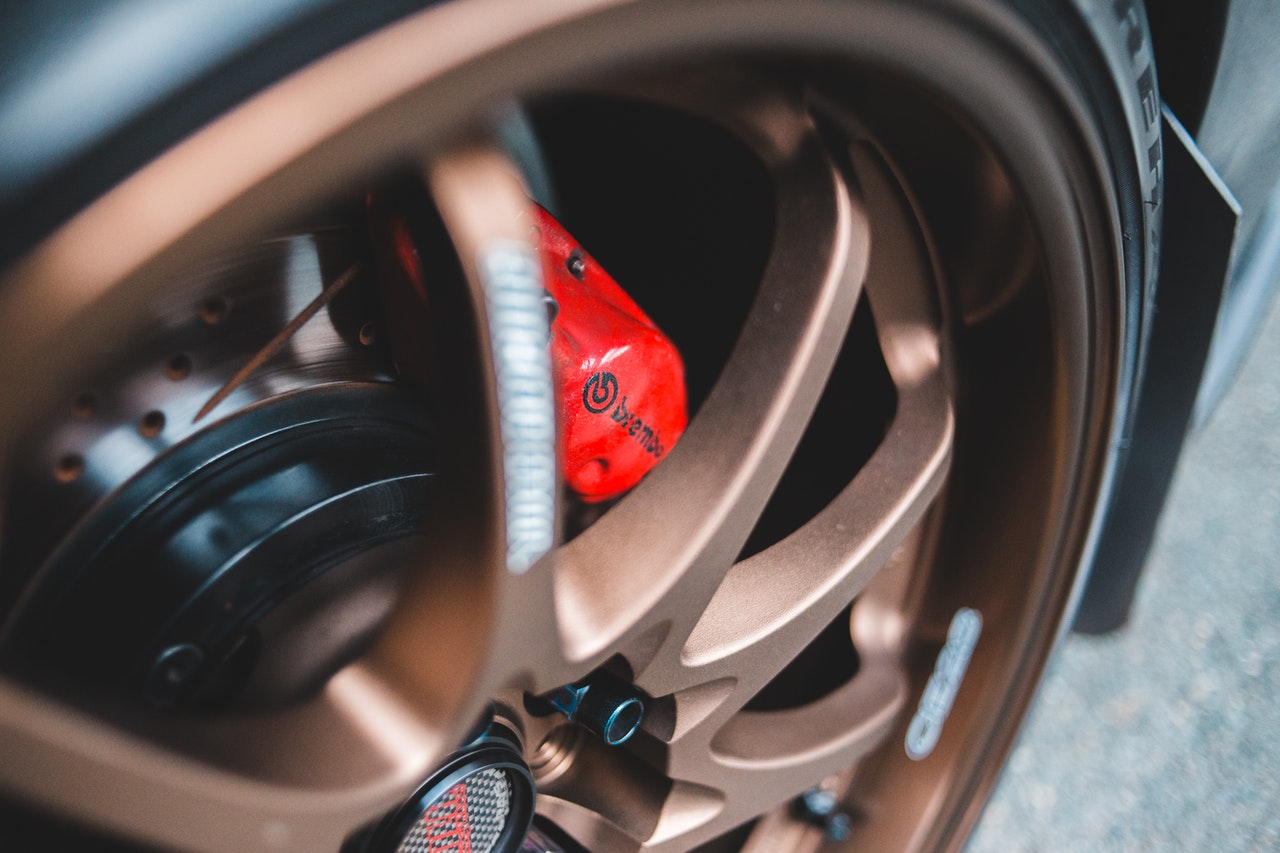
Servicing the car braking system is a standard maintenance activity when you pay a visit at a reliable auto mechanic shop in Sydney. As all components of a braking system have limited lifespans, it is imperative to have them regularly checked to ensure safety and compliance as per requirement. Checking the braking system for faulty parts or wear and tear ensures safety and efficiency on the road.
Vehicles, regardless of make and model, typically have systems in place to indicate braking system issues. Once an issue/s are detected, it’s always recommended to seek professional car repair and servicing to identify the specific mechanic faults and implement the repairs or replacements needed. Here are the most common warning signs of braking system problems. We hope that with this information, you can discern when to get your vehicle checked to prevent costly damages and accidents in the future.
Dashboard Warning Light
The dashboard lights aren’t only useful in determining engine irregularities, but they also indicate faulty electric components. If the lights on your dashboard turn on, we highly recommend seeking a thorough inspection by a skilled car mechanic in Sydney.
Metallic Squeal while Driving
Grinding sounds when brakes are applied can mean three things. Firstly, this can be a sign that a gravel or stone was caught inside the calliper unit. In this case, the problem can be easily remedied by a professional auto mechanic.
The second is when you hear piercing noises that end when you apply the brakes, this usually indicates that the brake pads are worn out. Brake pads are partially made from steel, so they make a sound when they start contacting the rotor even without applying the brakes. In this case, brake pads need to be replaced right away to prevent serious rotor damage- a problem that can be very expensive to fix.
Grinding sounds may also indicate the lack of lubrication in a vehicle’s rear drum brakes. The brake which pushes the rotor to slow down a vehicle may start scraping on metal surfaces like the backing plate. Again, this problem should be accurately checked and repaired by a skilled auto mechanic shop in Sydney.
Vibration while Braking
When you feel shaking in the steering wheel or vibrations upon applying the brakes, this may be indicative of a lopsided rotor. When you hit the brake pedal, the brake pads may come in contact with the rotors which leads to a slowing down motion. Natural wear and tear combined with heat can lead to a sticky piston. The piston may not retract the pads back into its off position even when you step on the brake pedal hard. In this situation, the tyres will be removed to return the fasteners in its normal positioning. A car mechanic will organize them uniformly to ensure snugness and uniformity.
Fluid Leaks
If your vehicle has a soft brake pedal, you may ask an auto mechanic in Sydney to check for any fluid leaks coming from the master cylinder or somewhere within the braking system framework. The master cylinder is the main unit that houses the brake fluid. When you apply the brakes, fluid is pushed through the piping which creates hydraulic weight. In the event of leaking fluid, the vehicle loses its capacity to force the brake pads to clamp hard to the nearby rotors.
Wooden Brake Pedal
When you notice a distinct change in brake pedal resistance, it’s time to have a car mechanic shop check your entire braking system. Your safety on the road may be compromised when you feel that the brake pedal feels softer or sinks all the way to the floor mat when you press on it. The causative factor may be due to two things- air or dampness in the braking framework or a serious issue of the master cylinder. For vehicles with power brakes, the pedal normally stops 1 to 1.5 inches from the floor. For manual brakes, the pedal usually sinks no more than 3 inches from the floor.
Car Tugging in One Direction when Braking
Car tugging in one direction is a sign of a faulty brake hose or calliper. In this case, one brake calliper may be applying more pressure during braking leading to an unbalanced stop and tugging of the car in one specific direction. Before the problem gets worse, have an appointment scheduled at a reputable auto mechanic shop in Sydney.
For all your braking system maintenance and repair needs, HP Automotive is the auto mechanic shop that you can rely on. We have a reliable staff of expertly trained auto mechanics that will work hard to ensure your car returns to its optimal efficiency and safety. We are a full-service auto shop, providing servicing, repair, and diagnostics for regular and luxury vehicle brands such as BMW, Audi, and Mercedes Benz to name a few. Call us on +61 2 9979 8372 today.
